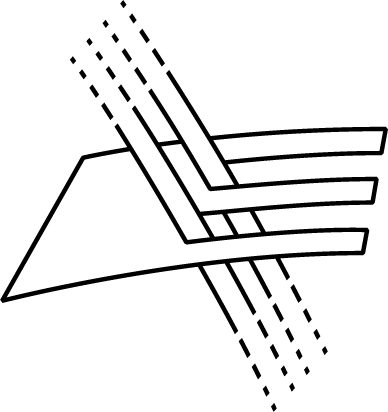WEITI » Research » Projects » EU projects »
IDESA Implementation of widespread IC design skills in advanced deep submicron technologies at European universities
|
Supervisor : E-mail : Tel. : Beginning : End : |
Prof. Wiesław Kuźmicz, Ph.D., D.Sc. wbk@imio.pw.edu.pl +48 22 234 72 07 2007-12-01 2009-11-30 |
Project coordinator: Interuniversitair Micro-Electronica Centrum VZW, Belgium.
Partners: Ecole Polytechnique Federale de Lausanne, Switzer­land; Technische Universiteit Delft, Netherlands; The Science and Technology Facilities Council, United Kingdom; Slovenska Technicka Univerzita v Bratislave, Slovak Republic; Katholieke Universiteit Leuven, Belgium; Commisariat a L`Energie Atomique, France.
Aim of project: For advanced CMOS technologies (90 nm and be­yond) a lot of new issues relating to performance and yield are becoming very important and they affect the design and imple­mentation flow in major ways. The industry response includes new design methodologies and EDA tools that have been intro­duced to address these issues. Unfortunately, universities do not have experience or incentives or resources to independently fol­low these trends. The purpose of IDESA is to develop and make available didactic training materials on the design flow for inte­grated circuits for advanced deep submicron technologies, for the benefit of European universities. This will bring universities to a more advanced level of implementation skills to start engag­ing in 65 and 45 nm designs.
Expected results: There will be a road show of 4 different ad­vanced implementation courses that will tour different sites in Europe. These courses will be hands-on courses using the train-the-trainer philosophy. The project consortium will also build a portfolio of public domain didactic seminars, addressing issues that are not addressed in the design flow courses but that will start to be of dominant importance for the 65 and 45 nm gener­ation design flows. This seminar portfolio will be supplemented with fully documented didactic lab exercise-material that can be reused in curricula of European engineering students. The goal is to cover 32 topics in this portfolio.

